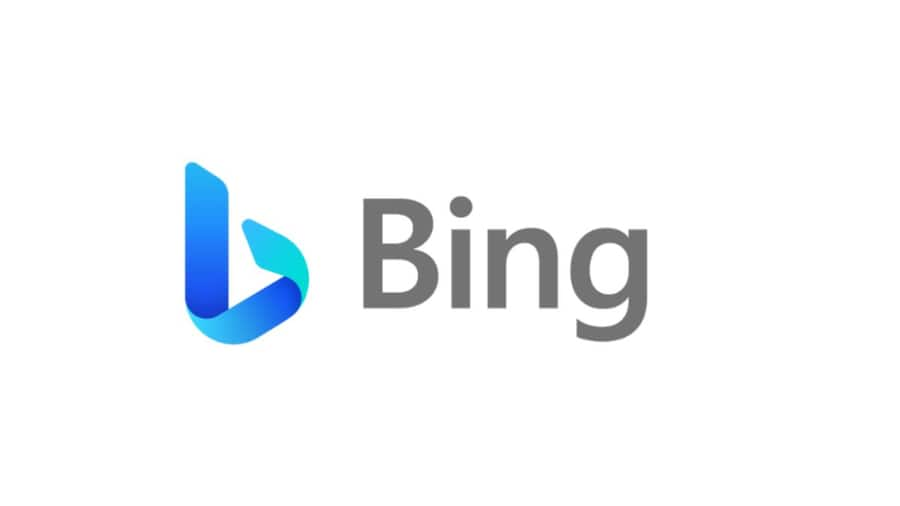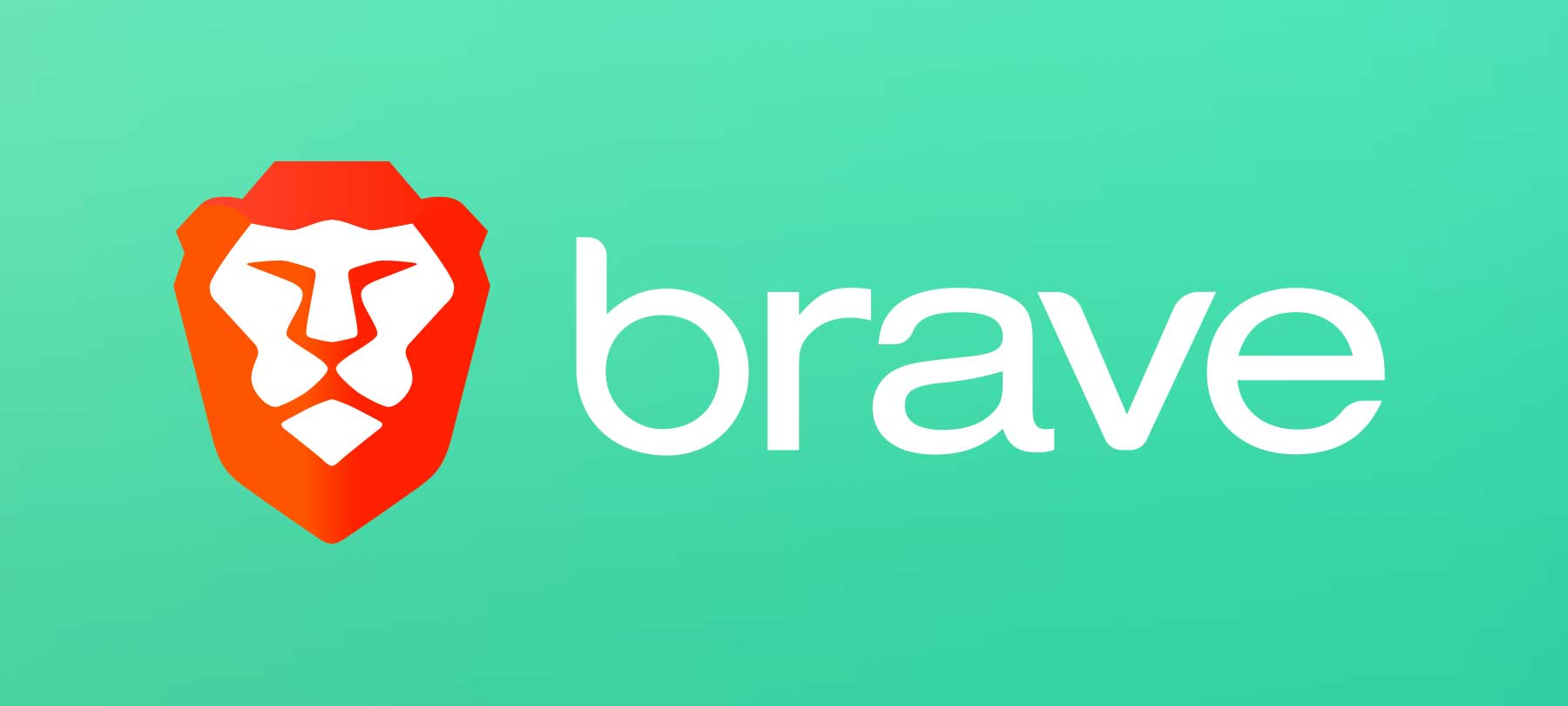
Top Google Alternatives for 2025: Unique Search Engines to Try
While Google remains a mainstay in our technological lives, searchers are beginning to seek Google alternatives for search. Yes, Google dominates 81.95 percent of the global search engine market (as of July 2023). But a new era of search and services is emerging, offering search engine alternatives to the Google ecosystem. These alternatives present unique features, innovative approaches, and, in some cases, even enhanced privacy and data protection.
In this article, we’ll highlight the best Google alternatives that are shaping the future of online search, productivity, and digital services. Whether you’re a student, a professional, or simply someone looking for a change, these search tools can provide fresh perspectives and invaluable tools to enhance your digital experience.
Top 3 unique search engines as Google alternatives
While Google dominates the online search market, top alternatives to Google like DuckDuckGo, Microsoft Bing, and Brave Search offer greater privacy, smart features, and unique user experiences. Whether you’re looking for better data ethics or advanced tools, these search engines are excellent options to use instead of Google.
DuckDuckGo: the privacy focused alternative
DuckDuckGo is a privacy-focused search engine and browser that has gained popularity as an alternative search engine. Unlike Google, which collects user data for personalized ads, DuckDuckGo prioritizes online privacy.
The core principle behind DuckDuckGo is to provide a search experience that prioritizes user privacy. The private search engine does not track or collect your browsing data (search history, location, and other personal information) from the start. It offers a clean interface and familiar layout and provides many of the features you’ve come to expect from a search engine—but without those invasive third-party data trackers. This also means fewer ads on the results page.
Available as both a mobile browser app and a desktop extension, the free search engine is a good option for those who want to keep their search activity private without having to open an incognito mode every time. However, DuckDuckGo’s privacy-focused approach also has a potential downside— users cannot easily search their own previous search history to find something they had looked up before. This may inconvenience some who rely on their browser’s search history to revisit past queries and information.
Compatible operating systems: Android, iOS, Windows, and Mac.
Microsoft Bing: the feature-rich Google competitor
While not as ubiquitous as Google Search, Microsoft’s Bing offers a compelling alternative with unique features and seamless integration with other Microsoft services. It integrates with the broader Microsoft ecosystem, including productivity apps like Outlook, SharePoint, Teams, and OneDrive. This means you can use Bing as a unified search interface to quickly find any information related to your work—emails, documents, presentations, or conversations.

Bing offers more than just basic web searches. It offers an AI-powered Bing Chat feature, which allows users to engage in natural language conversations and receive AI-generated responses, content, and insights. Beyond just the chat functionality, Bing also excels at more traditional search modalities. It provides robust news, video, and image search capabilities, often outperforming competitors. Bing’s visual search tools allows you to drag and drop a picture or take a photo using your device’s camera and then use that image as the basis for your search query. This can be helpful for research, shopping, or visual exploration.
Additionally, Bing supports voice search, enabling users to make hands-free queries that are answered out loud by the search engine alternative. This can be especially beneficial for on-the-go users or those who need to multitask while searching.
Compatible browsers: Internet Explorer, Microsoft Edge, Firefox, Chrome and Safari.
Brave Search: the ethical star
Launched in 2016, Brave Search is a privacy-focused web browser and search engine. Unlike other major search platforms, Brave Search does not profile or track users and does not sell user data to advertisers. Instead, it employs a privacy-preserving ad model and even provides users with a daily count of the ads and trackers it has blocked.

Another key differentiator is that Brave Search has created its own independent search index rather than simply repackaging the index of other big names like Google. While Brave’s search index may not yet rival Google’s scale and comprehensiveness, the goal is to build an independent platform that is free from external influence and offers users a genuine alternative.
One noteworthy feature of Brave Search is the recently launched “Summarizer” feature, which is powered by large language models (LLMs). As the name suggests, the Summarizer provides concise synopses of search queries, drawing from various sources. This feature is available to all Brave Search users on both desktop and mobile platforms and is accessible through any browser.
For example, the Summarizer can summarise queries like “What happened in East Palestine, Ohio?” by consolidating insights from news reports. This allows users to quickly grasp the key points of their searches without sifting through extensive search results.
Compatible operating systems: Windows, MacOS, Android, iOS and Linux.
Beyond the above-mentioned search engines, there are other privacy-conscious alternatives like Mojeek (with its entirely independent search index), Startpage (which anonymizes your searches while leveraging Google’s power), and Searx (a decentralized metasearch engine). These engines prioritize user anonymity and data protection, offering a compelling alternative.
How to choose the right Google alternative for you
While these are three superstars, (honorable mention to Ecosia), there are plenty other options for you to consider. Here’s a quick-start guide on how to choose a search engine that works for you. Start with assessing your priorities in a search engine.

What is most important to you among features? Here are some examples:
- Privacy and data security
- Search speed
- Specialized results
- Accuracy and relevance of results
- Ease of use and UX
- Integration capabilities
Exploring the future of search beyond Google
It’s impossible not to mention the advent of AI-driven searches and how integration with search engines will change in the coming future. ML and MLP engines can offer more contextually relevant results with user intent baked in. Much how the current community tags on “reddit” to common searches to indicate community-based intent. Google search will inevitably start to integrate AI-driven search results, but with revenue riding on sponsored results, there’s a huge opportunity for an AI-based newcomer to dominate.

Along the same vein, the future of search may be hinged on developing decentralized search engines. Presearch and YaCy and already using blockchain tech to create a non-conglomerate, decentralized search. These sites are hitting on users main desire – to search the web and interact without risk of privacy and security. Google’s third-party cookie issue is proof that the future of search may be in those who can provide innovative privacy practices, compliance with regulations, and a drive for transparency.
Distilled
Users shouldn’t feel beholden to Google as their sole search option. While Google may remain the go-to option for many, exploring these alternative platforms can provide users with a more tailored and rewarding search experience, catering to individual preferences and priorities.
